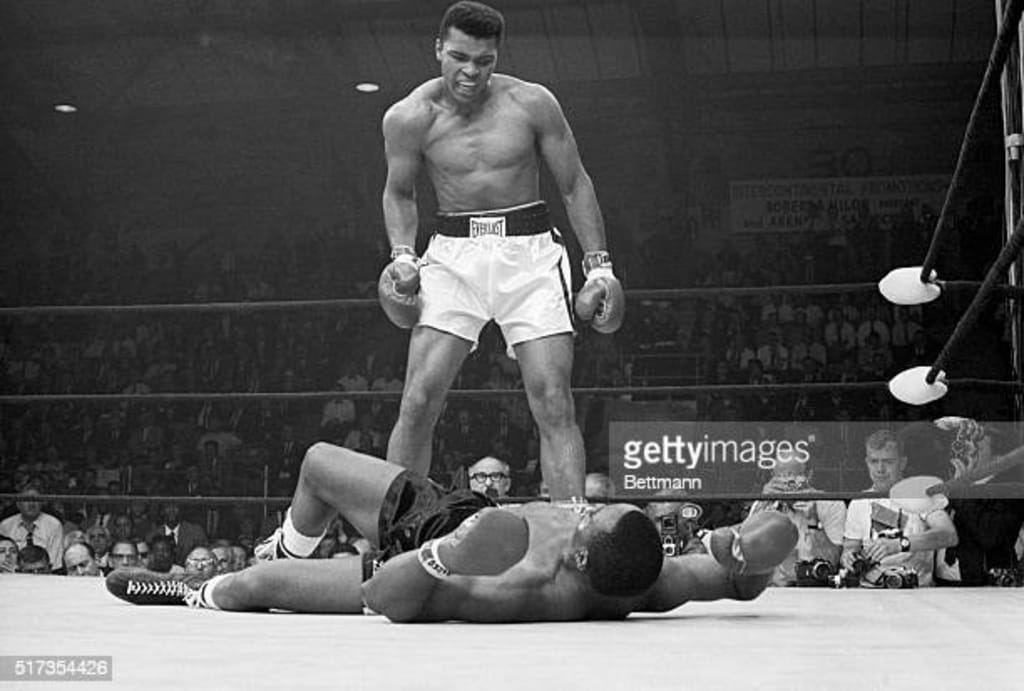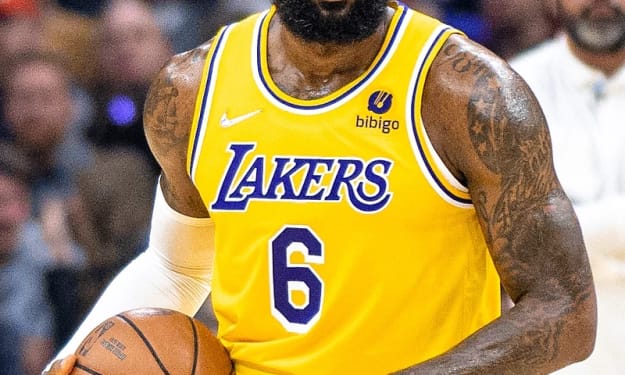
Muhammad Ali, born Cassius Marcellus Clay Jr. on January 17, 1942, in Louisville, Kentucky, was one of the most iconic and influential figures in the history of boxing. With his unparalleled skills in the ring, his captivating personality, and his tireless activism, Ali left an indelible mark on the sport and the world at large. This article will delve into the life and career of Muhammad Ali, chronicling his rise to greatness and his lasting legacy.
Ali's journey to becoming a boxing legend began at a young age. Inspired by the story of a stolen bicycle, he entered a local gym at the age of 12 and quickly discovered his natural talent for boxing. Under the guidance of trainer Joe Martin, Clay honed his skills and quickly rose through the amateur ranks, eventually winning a gold medal at the 1960 Olympics in Rome.
After turning professional, Clay's flamboyant personality and unorthodox fighting style captivated audiences. His quick feet, lightning-fast jabs, and unmatched agility earned him the nickname "The Louisville Lip." In 1964, Clay shocked the world by defeating Sonny Liston to become the heavyweight champion of the world. Shortly after the fight, he announced his conversion to Islam and changed his name to Muhammad Ali.
Ali's boxing career reached new heights throughout the 1960s and '70s. Known for his brash trash-talking and self-promotion, he attracted attention both inside and outside the ring. Ali's fights with Joe Frazier, including the legendary "Fight of the Century" in 1971, and his battles with George Foreman in the famous "Rumble in the Jungle" in 1974 and the "Thrilla in Manila" in 1975, solidified his status as one of the greatest boxers of all time.
However, it was Ali's outspokenness and activism that truly set him apart. He was a prominent voice in the civil rights movement, openly criticizing racial inequality and injustice. Ali refused to be drafted into the U.S. Army during the Vietnam War, citing his religious beliefs and opposition to the war. As a result, he was stripped of his boxing titles, banned from the sport, and faced legal battles that lasted for years.
In 1971, the Supreme Court overturned Ali's conviction, and he made his long-awaited return to the boxing ring. Despite a three-year hiatus, Ali displayed remarkable resilience and reclaimed the heavyweight title in 1974 with his stunning victory over George Foreman. His boxing career continued until 1981, and although he experienced ups and downs in the later years, his impact on the sport remained immeasurable.
Beyond his athletic achievements, Muhammad Ali's legacy transcends boxing. His charisma, wit, and confidence made him a global icon. He used his platform to promote peace, racial harmony, and humanitarian causes. Ali's philanthropic work included raising funds for charities and organizations dedicated to children's welfare, medical research, and global peace initiatives.
Muhammad Ali's impact extends far beyond his lifetime. His influence on popular culture can still be felt today. His famous quotes, such as "Float like a butterfly, sting like a bee," continue to inspire and resonate with people around the world. Ali's unwavering commitment to his beliefs, his unwavering spirit, and his extraordinary talent inside and outside the boxing ring have solidified his status as one of the greatest sports figures and cultural icons of all time.
In conclusion, Muhammad Ali's life and career exemplify the power of determination, resilience, and using one's platform for positive change. His skill, personality, and activism continue to inspire generations of athletes and individuals worldwide. From his triumphs in the ring to his unwavering stance against injustice, Muhammad Ali will forever be remembered as "The Greatest" and a true legend in the world of boxing and beyond.
Thank you for reading my page
One like and subscribe






Comments
There are no comments for this story
Be the first to respond and start the conversation.